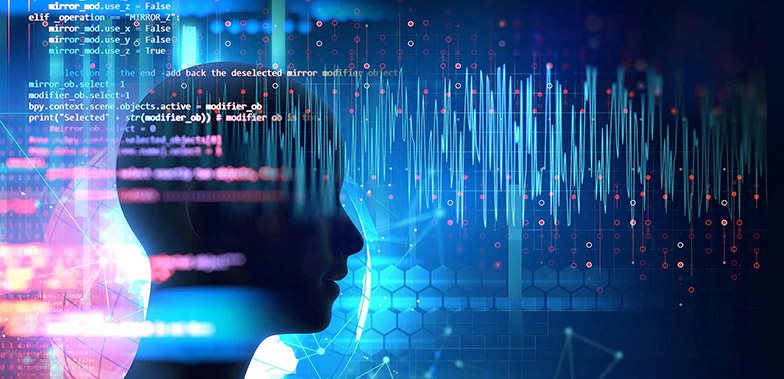
Artificial Intelligence (AI) has emerged as a transformative catalyst across a spectrum of industries, revamping business operations, enhancing efficiency, and elevating decision-making processes. With the continuous evolution of AI technology, its profound impact extends across diverse sectors, spanning from healthcare to finance and beyond. Within this blog post will delve into the ways AI is reshaping several pivotal industries.
1. Healthcare
AI is revolutionizing healthcare by providing better diagnostic accuracy, personalized treatment plans, and streamlined administrative processes. Machine learning algorithms analyze medical data, such as images, patient records, and genomic information, to assist healthcare professionals in making more informed decisions. AI-driven telemedicine and wearable devices also enable remote patient monitoring and early disease detection.
2. Finance and Banking
The financial industry relies heavily on AI for risk assessment, fraud detection, and customer service. AI algorithms can analyze vast datasets to identify unusual patterns or anomalies that may indicate fraudulent activities. AI-powered chatbots and virtual assistants enhance customer support by providing quick responses to inquiries and automating routine tasks.
3. Legal
The legal industry is experiencing a significant transformation due to AI. AI-powered tools and technologies, such as those from TrialView, are streamlining legal research, document review, and contract analysis. Natural language processing (NLP) algorithms can quickly sift through vast amounts of legal texts, helping lawyers find relevant cases, statutes, and precedents more efficiently. Moreover, AI-driven software can review contracts and legal documents for errors or inconsistencies, saving legal professionals time and reducing the risk of oversight.
4. Retail and E-Commerce
AI has transformed retail by enabling personalized shopping experiences, demand forecasting, and optimization of supply chains. Recommendation engines use AI to analyze customer behavior and preferences, suggesting products tailored to individual shoppers. Inventory management systems use AI to optimize stock levels, reduce waste, and improve overall supply chain efficiency.
5. Manufacturing and Industry 4.0
In manufacturing, AI-driven automation and robotics are increasing efficiency and reducing errors. Predictive maintenance powered by AI algorithms helps prevent equipment breakdowns and costly downtime. AI-enabled quality control systems can inspect products with high precision, ensuring high-quality production.
6. Transportation and Logistics
AI is making transportation and logistics more efficient and safer. Autonomous vehicles, guided by AI, are being tested and deployed in various industries, from delivery drones to self-driving cars and trucks. AI-powered route optimization helps logistics companies reduce fuel consumption and improve delivery times.
7. Education
AI is changing the way education is delivered and personalized. Adaptive learning platforms use AI to tailor educational content to individual students’ strengths and weaknesses. Natural language processing (NLP) technology powers chatbots that can assist students with inquiries and provide immediate feedback.
8. Energy and Utilities
The energy sector uses AI to predict infrastructure maintenance, optimize energy consumption, and manage renewable energy sources efficiently. Smart grids leverage AI to balance energy distribution and reduce waste. Additionally, AI-driven algorithms analyze seismic data to improve oil and gas exploration.
Conclusion
AI is a transformative force across numerous industries. Its ability to analyze data, make predictions, automate tasks, and provide personalized experiences is changing the way businesses operate and interact with customers. As AI technology continues to evolve, its impact on these industries is likely to deepen, leading to more innovation, efficiency, and improved services for consumers and businesses alike.
